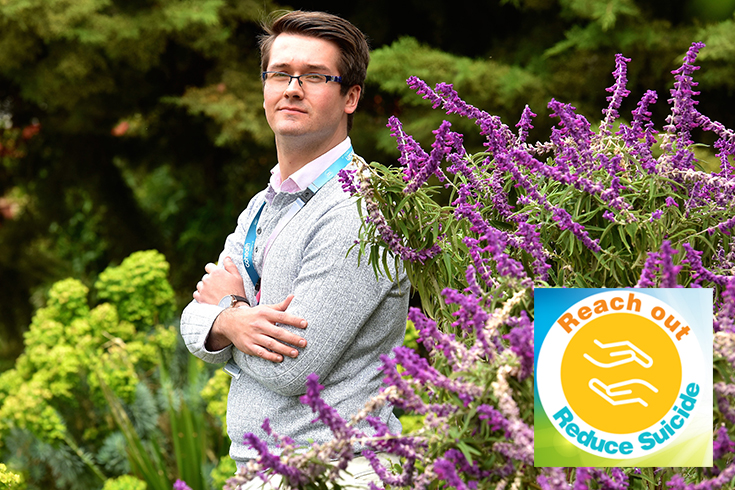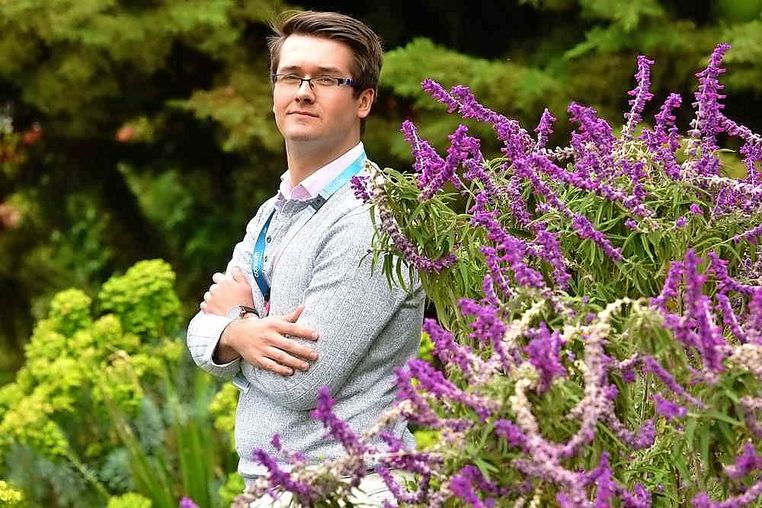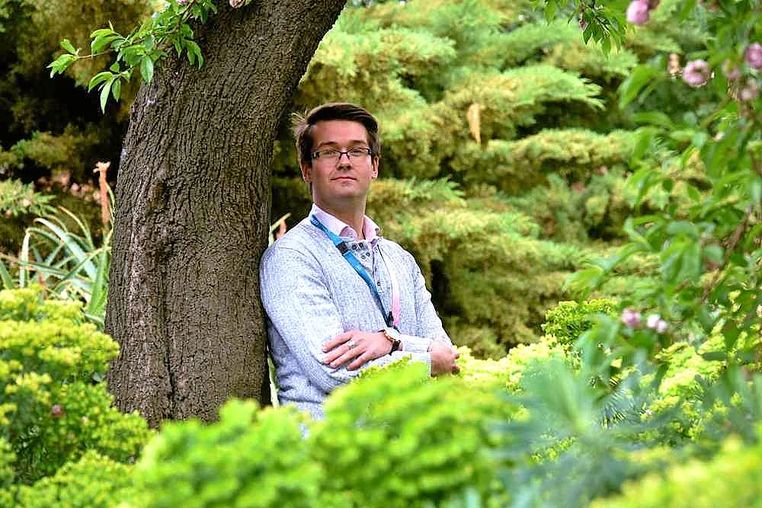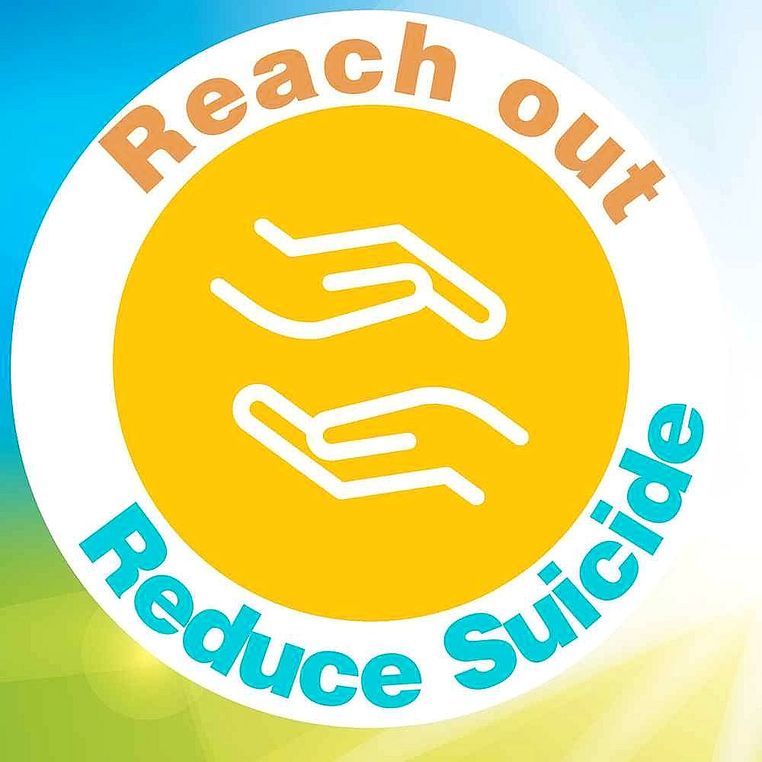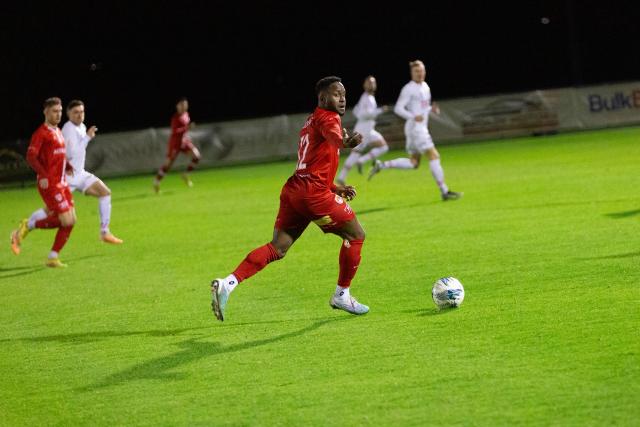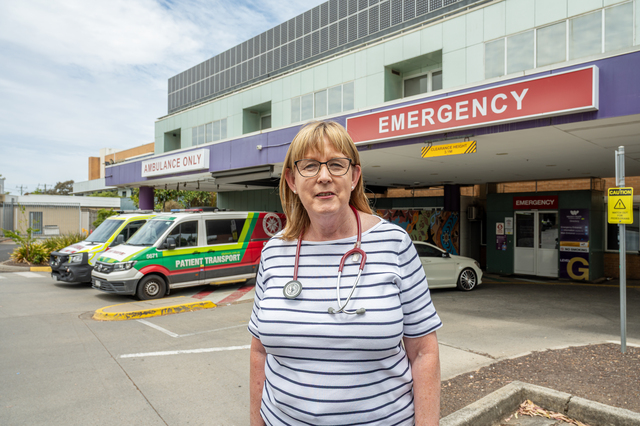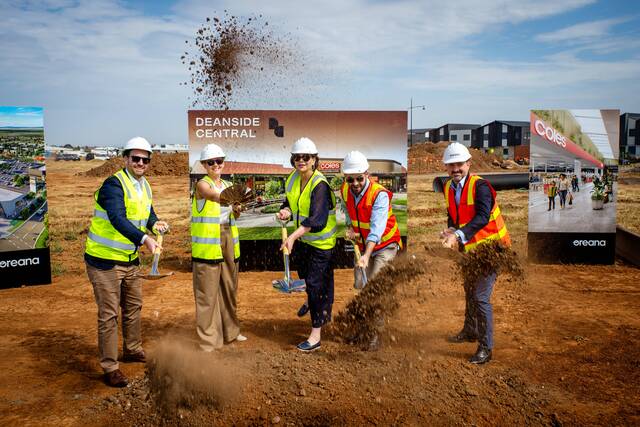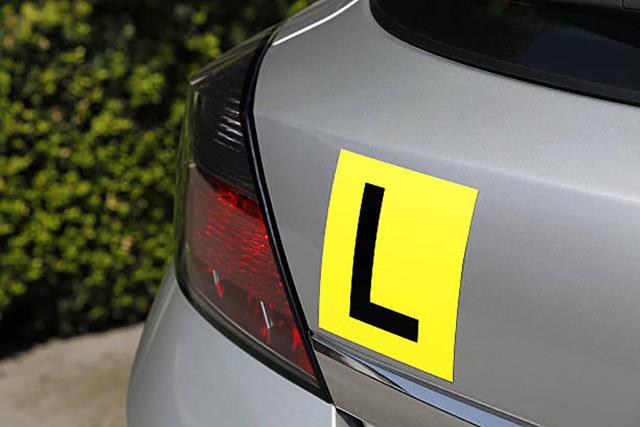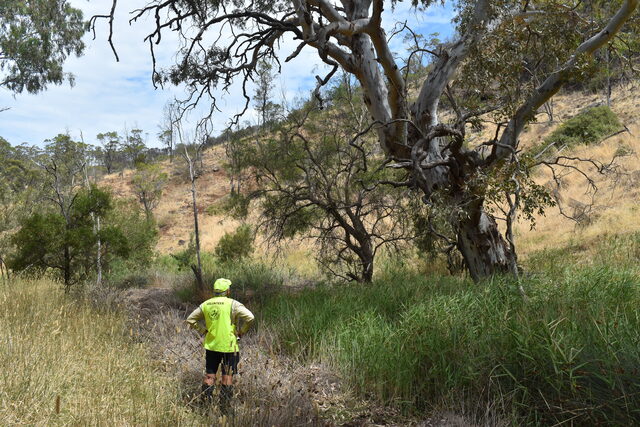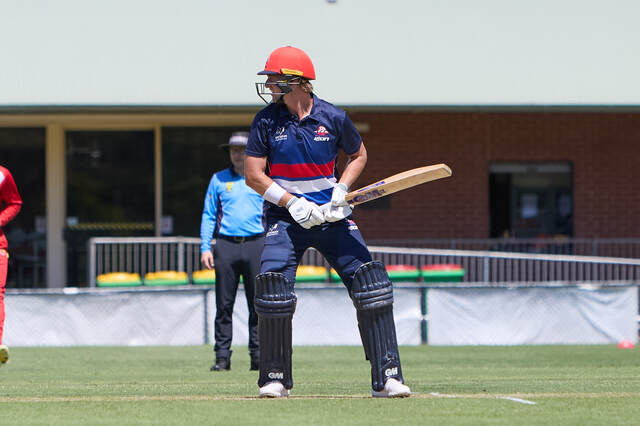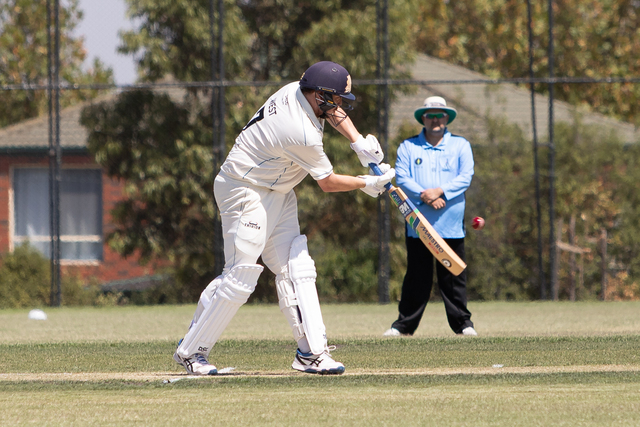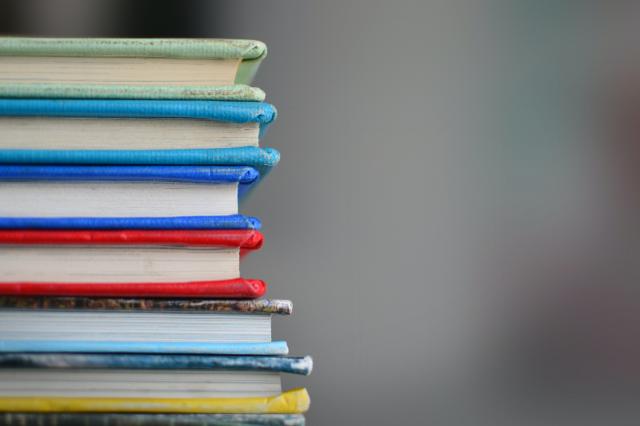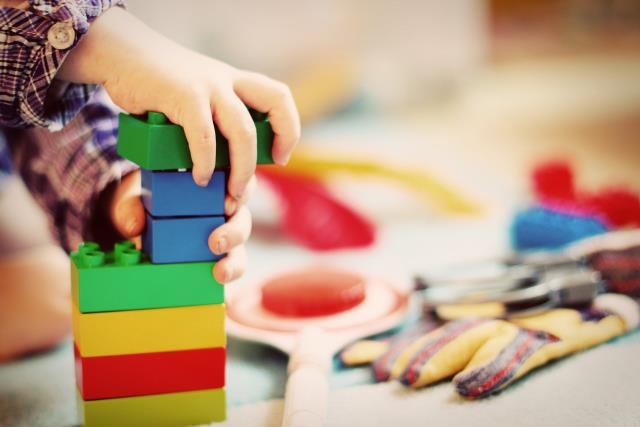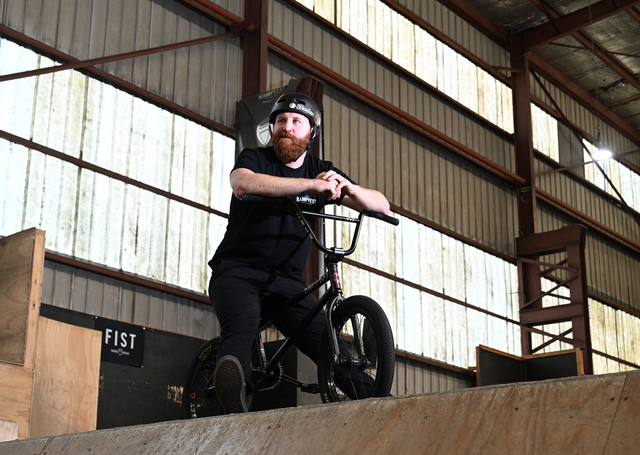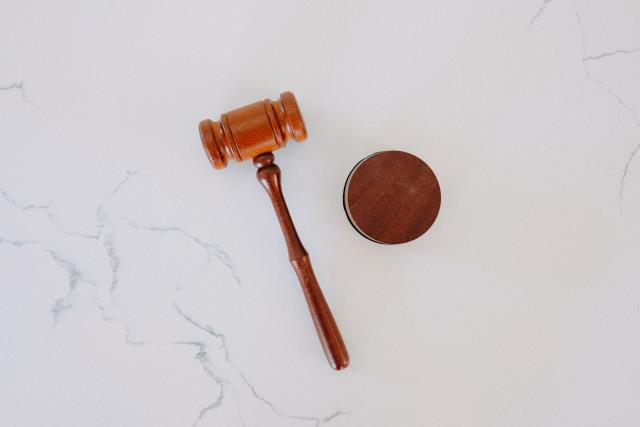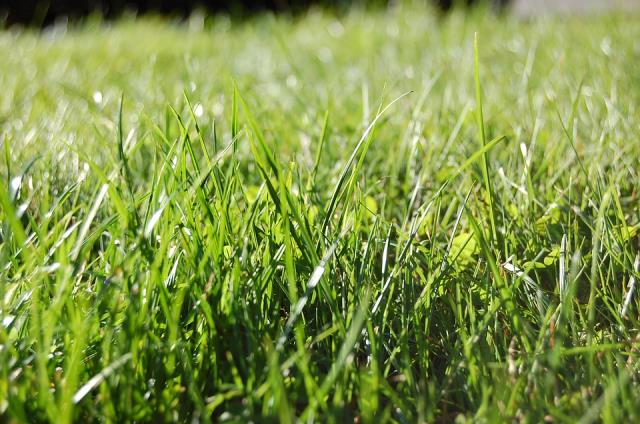When it comes to suicide rates in Australia, the stats don’t lie.
Latest figures from the Australian Bureau of Statistics have the suicide rate at 12.6 per 100,000 people, it also shows that men are three times more likely to take their own life than women.
CoHealth community mental health worker Joseph Bentley-Ross said while increased awareness and education on the importance of good mental health was improving, there was always more that could be done.
“There are a host of reasons for why men are more likely to act on suicide, but there’s no doubt more men are accessing these mental health services, which is pleasing,” Mr Bentley-Ross said.
“In terms of starting conversations with people, it’s about noticing if someone you know or someone you see in the community is more isolated and being comfortable to talk to them about that and see if they need some more help.
“Starting a conversation can be very important.”
The North Western Melbourne Primary Health Network (NWMPHN) has identified Melton, Brimbank and the Macedon Ranges as having higher than average suicide rates and it’s calling on the community to help it take action through a short online course.
Mr Bentley-Ross said language and attitudes among men played an important role in good mental health and hoped a greater focus would held promote change.
“I think the language to talk around emotions and feelings might not come as readily or as easily to some men,” he said.
“The narrative that plays out across generations, families, and communities is that, for right or wrong, men and women are treated differently in how we talk about feelings or emotions.
“In terms of language, that really changes our ability to identify men’s own feelings and emotions. And that comes through with language like ‘you need to man up’ or ‘stiff upper lip’, ‘boys don’t cry’, all idioms that we could do without because they lead to men not wanting to talk about their feelings and emotions because they’re worried about being judged.
“What I’m hoping through the work of the Primary Health Network and the online training, is to give people the opportunity to feel comfortable talking about suicide and being gatekeepers within the community to allow anybody to ask ‘Are you OK?’ and feel comfortable talking about it.”
The increased visability of events like R U OK? Day, and the work of local Men’s Sheds and sporting clubs has put mental health in the spotlight in recent times, Mr Bentley-Ross said.
“There’s a lot of work being done in this space,” he said.
“There’s a lot of targeted work being done in areas of masculinity where a lot of men might not feel safe to have those conversations, and I think that’s an important step to help those that are statistically more at risk.”
NWMPHN is offering a short online course – QPR (Question, Persuade, Refer) – designed to help people recognise if someone they know is at risk of suicide.
To access the training, visit:lifespan.qprtraining.com/setup.php
Use the code PBT.
If you or anyone you know needs help contact: Lifeline: 13 11 14 or lifeline.org.au
Suicide Call Back Service: 1300 659 467 or suicidecallbackservice.org.au
Mens Line: 1300 789 978

